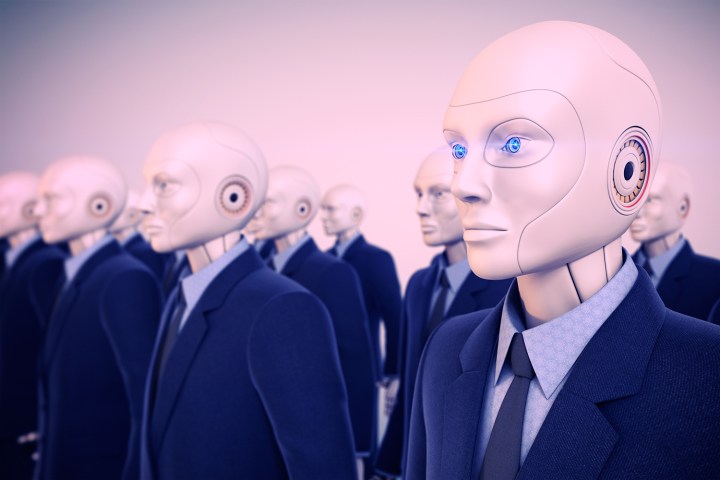
MIT, whose robotic work has already resulted in major innovations (notably the beer delivery machine), has ambitious plans for the future — one in which cyborgs do all the menial tasks that currently take up the time and energy we could be using to further stretch our brains. But teaching a robot how to wash dirty dishes is no simple task. As Wired explains, there’s a lot that goes on (perhaps subconsciously for us) in the process — you have to figure out what happens when you put plates and bowls atop one another, when you rinse them in the sink, and when you ultimately put them in the dish washer. All these small (but annoying tasks) that we barely think about would have to be manually taught to robots, effectively giving them some form of human intuition.
The man leading this charge is Ilker Yildirim, a post doc at MIT working in the university’s Brain and Cognitive Science Department and its Computer Science and Artificial Intelligence Lab, or CSAIL. He, along with a team of researchers, are trying to figure out how to create an AI system that can actually predict how objects will move in the same way that we can. Being able to determine how many mugs you can pile together without breaking, after all, is key to doing seemingly simple tasks — like the dishes. And teaching robots how to figure this out is at the forefront of Yildirim’s work.
“These won’t be manufacturing robots, which have a pretty finely defined set of actions that they need to take over and over again,” he told Wired. “These are robots that must deal with uncertainty. If a robot places dishes in a dishwasher, it must understand the subtleties of how they stack on top of each other. It must know if it will topple them if it takes a certain action. It must deeply understand its physical environments.”
All of this is a push towards giving robots a seriously advanced form of artificial intelligence, composed of both hardware and software that ultimately seek to replicate the neurons found in the human brain. And while we’re not quite there yet, thanks to the folks at MIT, we’re certainly getting closer. So no — you can’t stop washing your dishes altogether just yet. But one day soon, that may all change.


